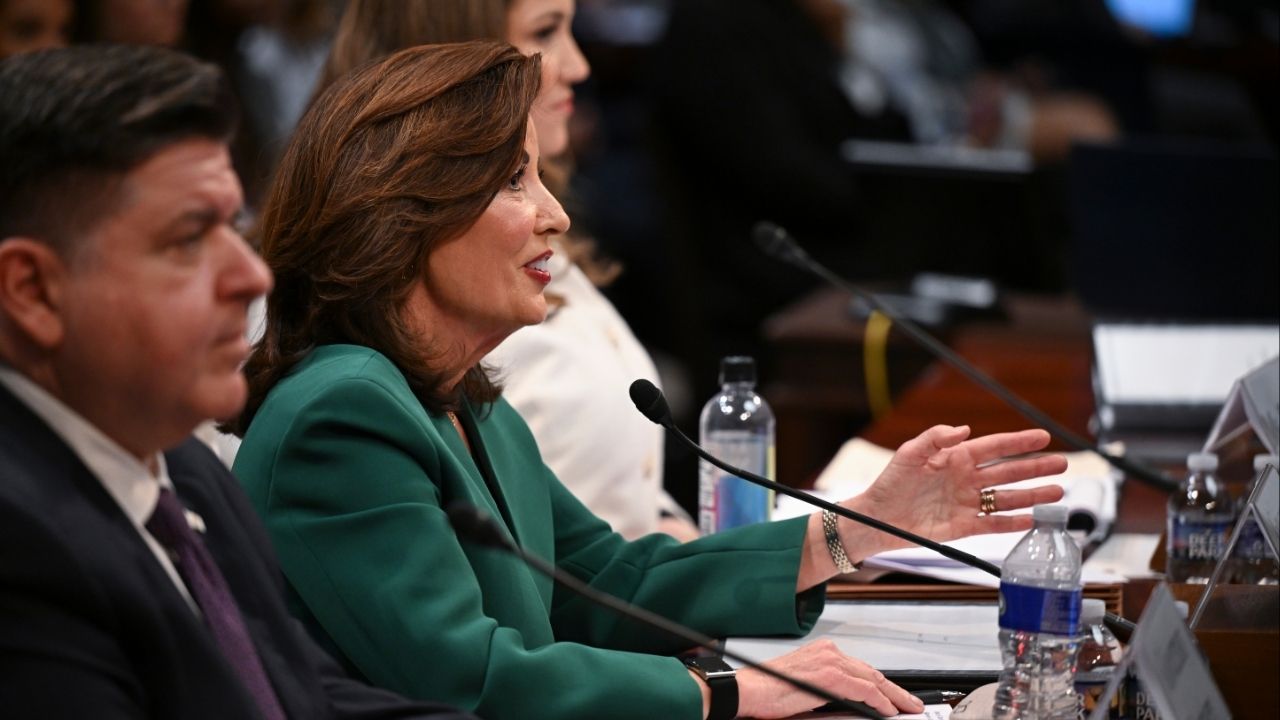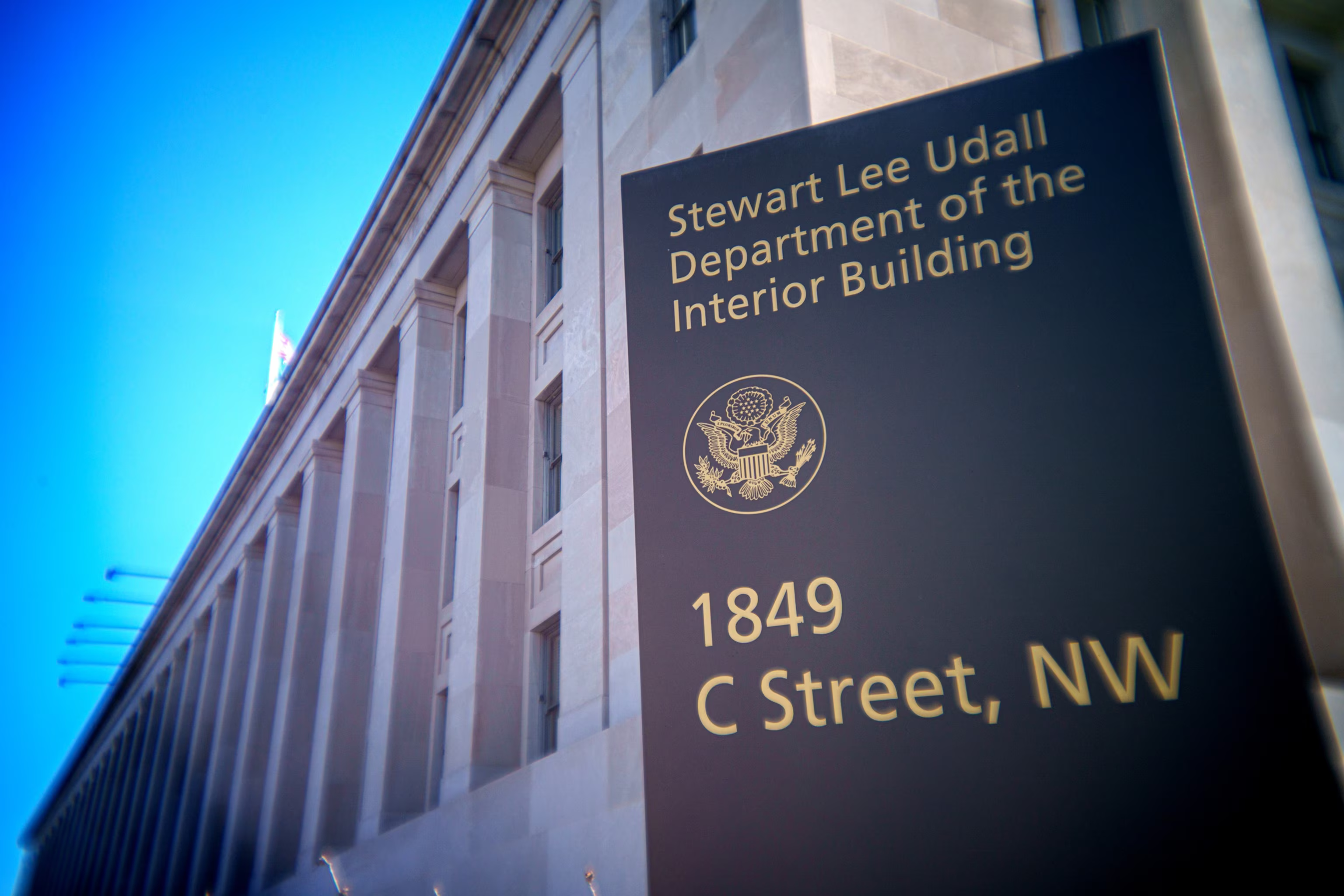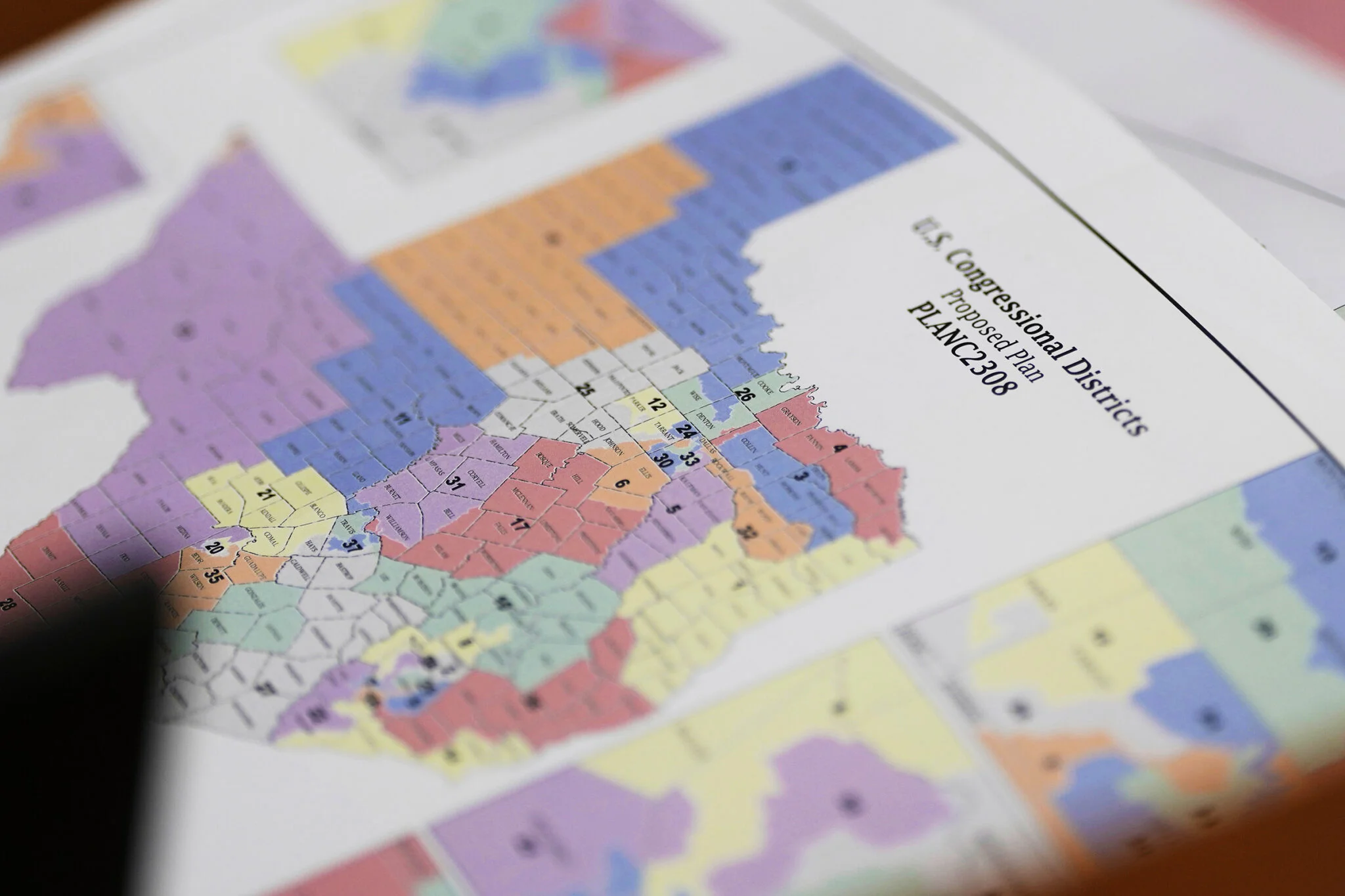The U.S. House Oversight Committee recently conducted a significant hearing addressing state-level immigration policies, marking an important milestone in the ongoing national debate about immigration enforcement.
Three prominent Democratic governors—JB Pritzker of Illinois, Tim Walz of Minnesota, and Kathy Hochul of New York—were summoned to discuss and defend the immigration policies implemented in their respective states. The Republican-led committee, chaired by Representative James Comer, convened this hearing in April amid escalating tensions surrounding immigration management across various American states.
Background and Context
This hearing emerged against the backdrop of intensifying partisan disagreements over immigration enforcement. Over the past several years, states have increasingly developed their own approaches to immigration matters, particularly regarding cooperation with federal authorities. The Republican majority in the House has prioritized immigration as a key oversight issue, viewing certain state policies as potentially undermining federal immigration enforcement efforts.
The current political climate has seen immigration rise to the forefront of national discourse, with border security and enforcement practices becoming increasingly contentious topics. This hearing represents one facet of a broader political battle over immigration policy that has intensified during recent administrations.
Focus of the Investigation
The investigation centered on analyzing what Republicans characterize as “sanctuary” policies—state and local measures that allegedly interfere with federal immigration law enforcement. These policies establish specific parameters for cooperation between local law enforcement and federal agencies like Immigration and Customs Enforcement (ICE).
It is crucial to clarify that such policies do not eliminate or nullify federal law enforcement authority. Rather, they define specific conditions and limitations for cooperation, often requiring federal agencies to obtain judicial warrants before local authorities will detain individuals for immigration violations. Proponents argue these measures protect civil liberties and maintain community trust, while critics contend they hamper effective immigration enforcement.
Preparation and Previous Hearings
The governors prepared extensively for this high-stakes hearing, gathering comprehensive data and securing specialized legal counsel to substantiate their positions. Their preparations included compiling statistics on crime rates, economic contributions of immigrant populations, and documentation of their states’ compliance with federal law while implementing their own enforcement priorities.
This hearing follows similar investigations by the Oversight Committee, which previously summoned mayors of cities considered “sanctuaries”—including Boston, Chicago, Denver, and New York—to defend their migration policies. These earlier hearings established precedents for the questioning strategies and argumentative approaches employed in this gubernatorial hearing.
Legal Framework and Constitutional Questions
The state policies under scrutiny operate within a complex legal framework involving intricate interactions between federal and state jurisdictions. Federal law maintains primary authority over immigration matters, but Supreme Court decisions have established certain limitations on federal ability to compel state cooperation in enforcement activities.
These policies establish specific guidelines on how local authorities should interact with federal immigration agents while maintaining compliance with federal legislation and exercising certain autonomy in law enforcement practices. The legal framework includes considerations of the Tenth Amendment’s protection of states’ rights, the anti-commandeering doctrine established in cases like Printz v. United States, and federal preemption principles.
Constitutional Debate and Future Implications
This hearing represents a pivotal chapter in the constitutional debate regarding the limits of federal authority and state autonomy in immigration matters. The central question remains: how to balance federal authority in immigration—clearly established by the Constitution—with states’ autonomy to determine how their resources and police forces will be utilized.
The outcome of these hearings and related legal challenges may significantly influence future immigration enforcement practices nationwide. They highlight fundamental tensions in American federalism and raise questions about the appropriate division of responsibilities between federal and state governments in addressing complex social and security challenges.
Contact us today through our website or WhatsApp to discover how we can help you achieve success in the United States. Together, we can turn dreams into reality.
Information source: abcnews.go.com



